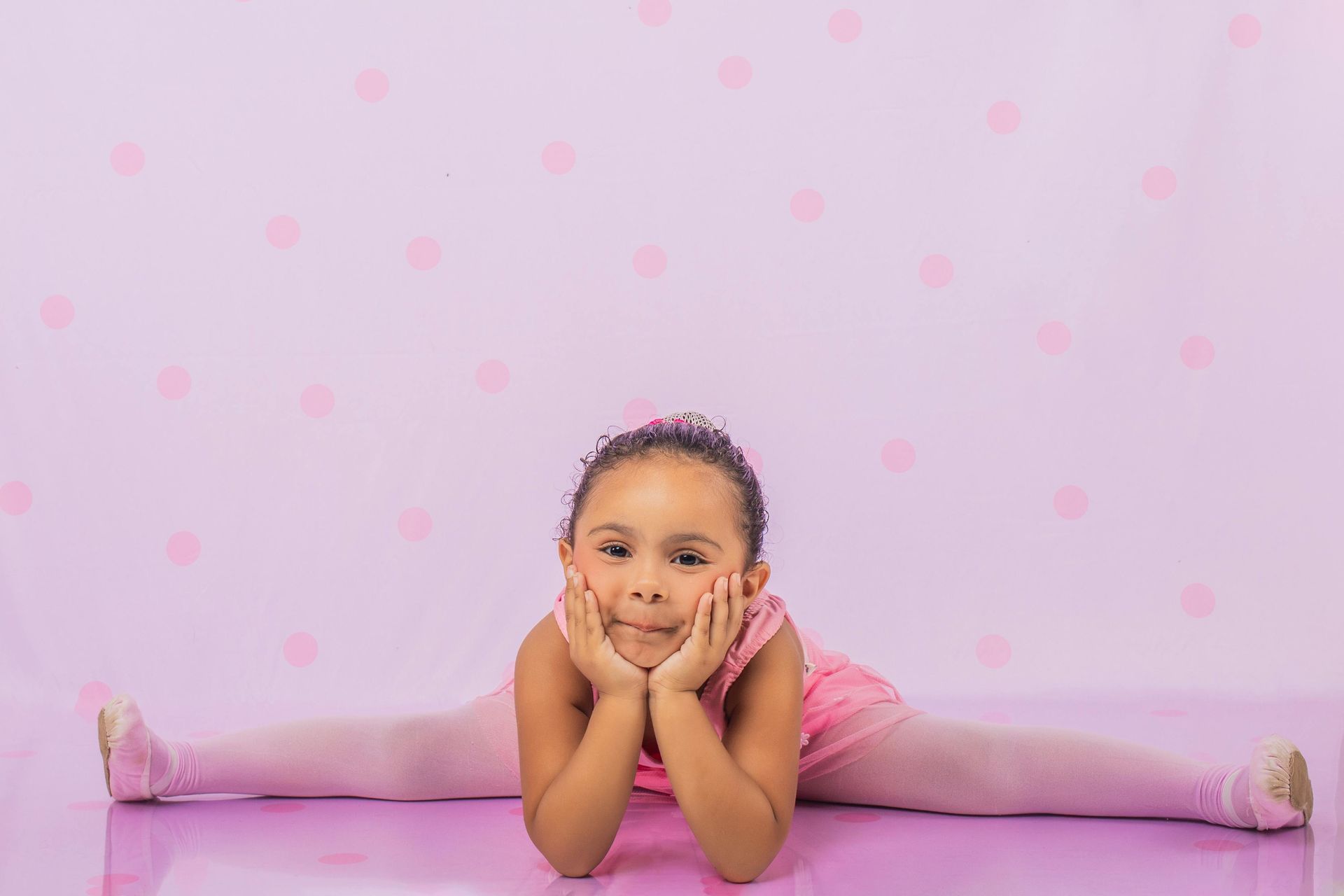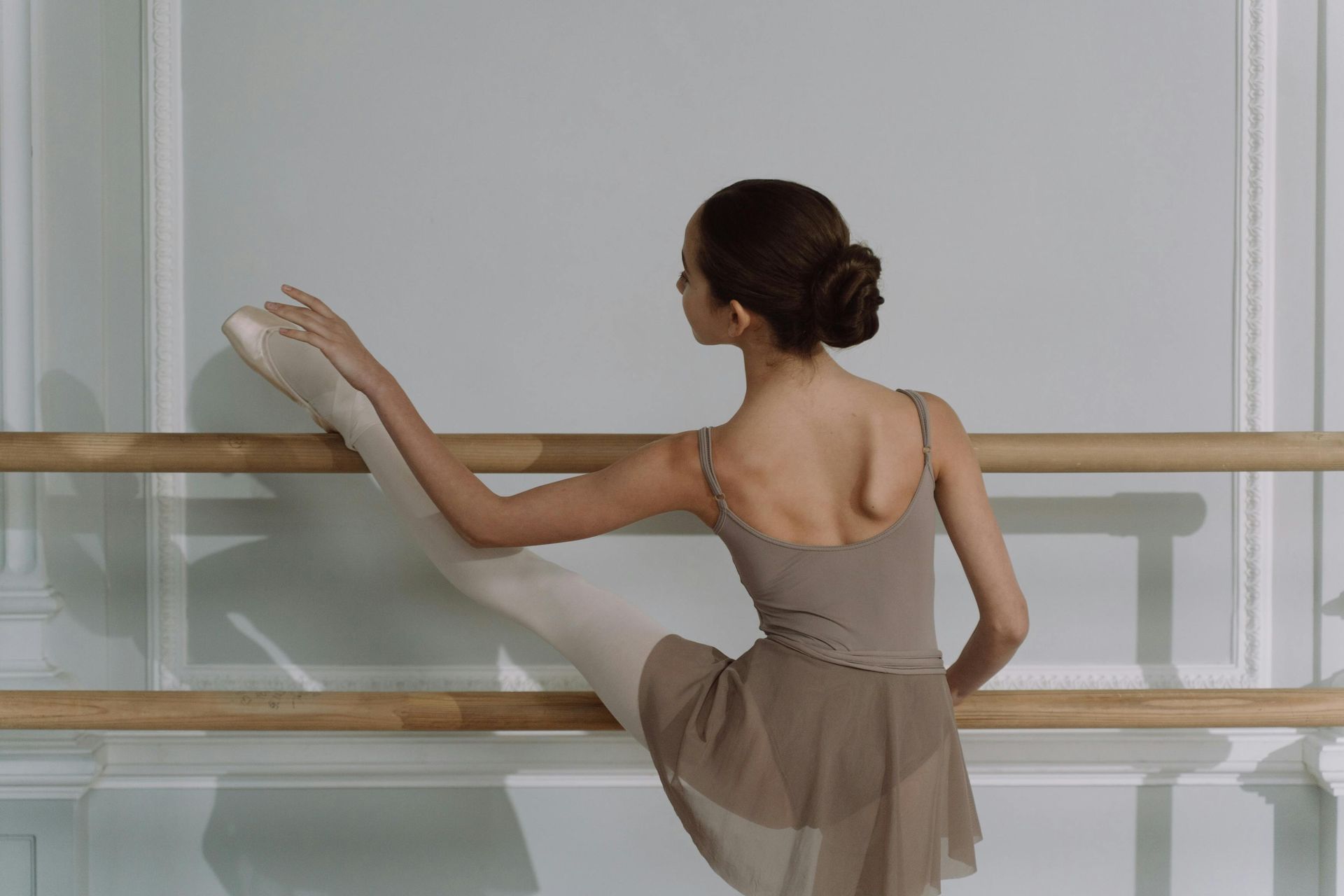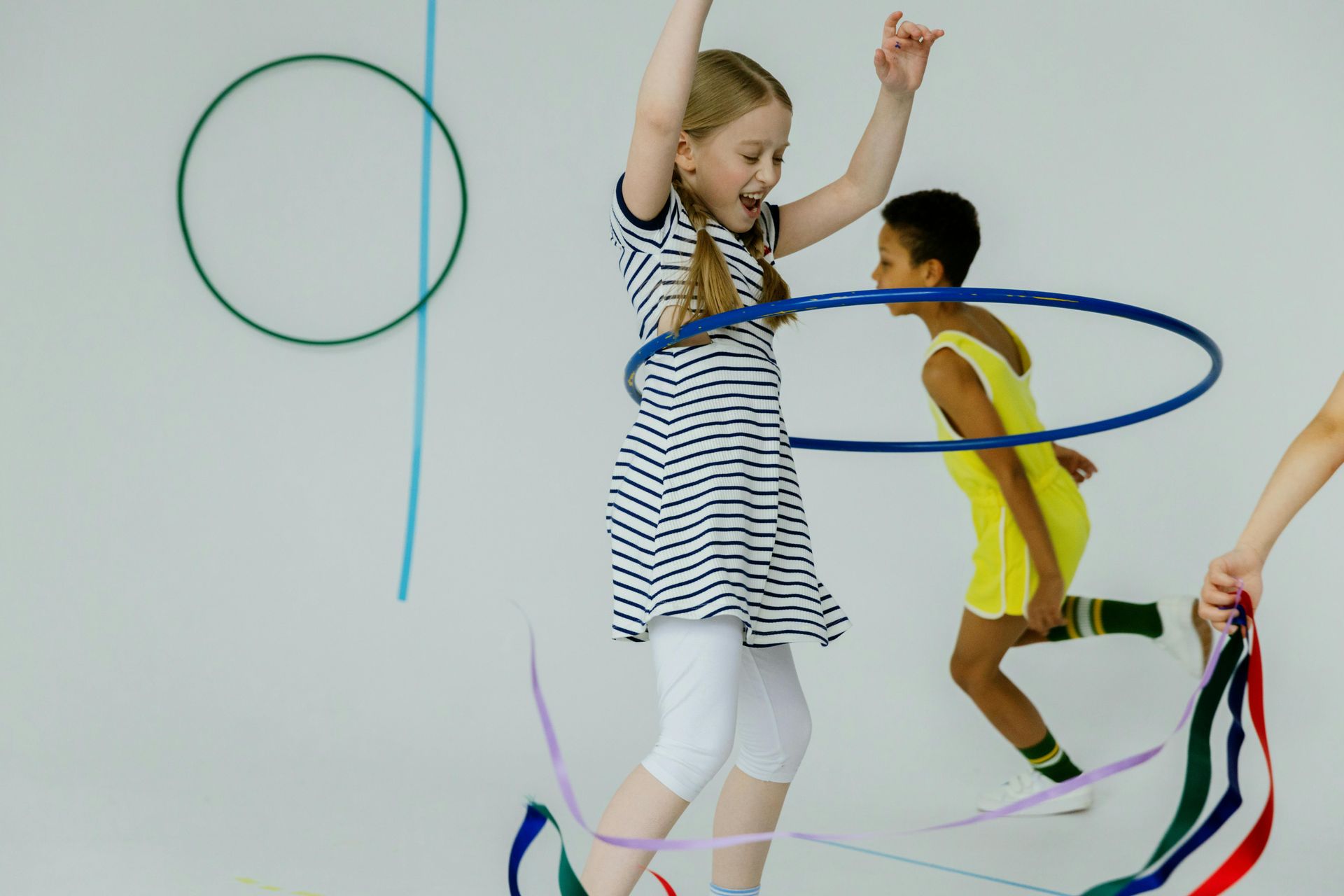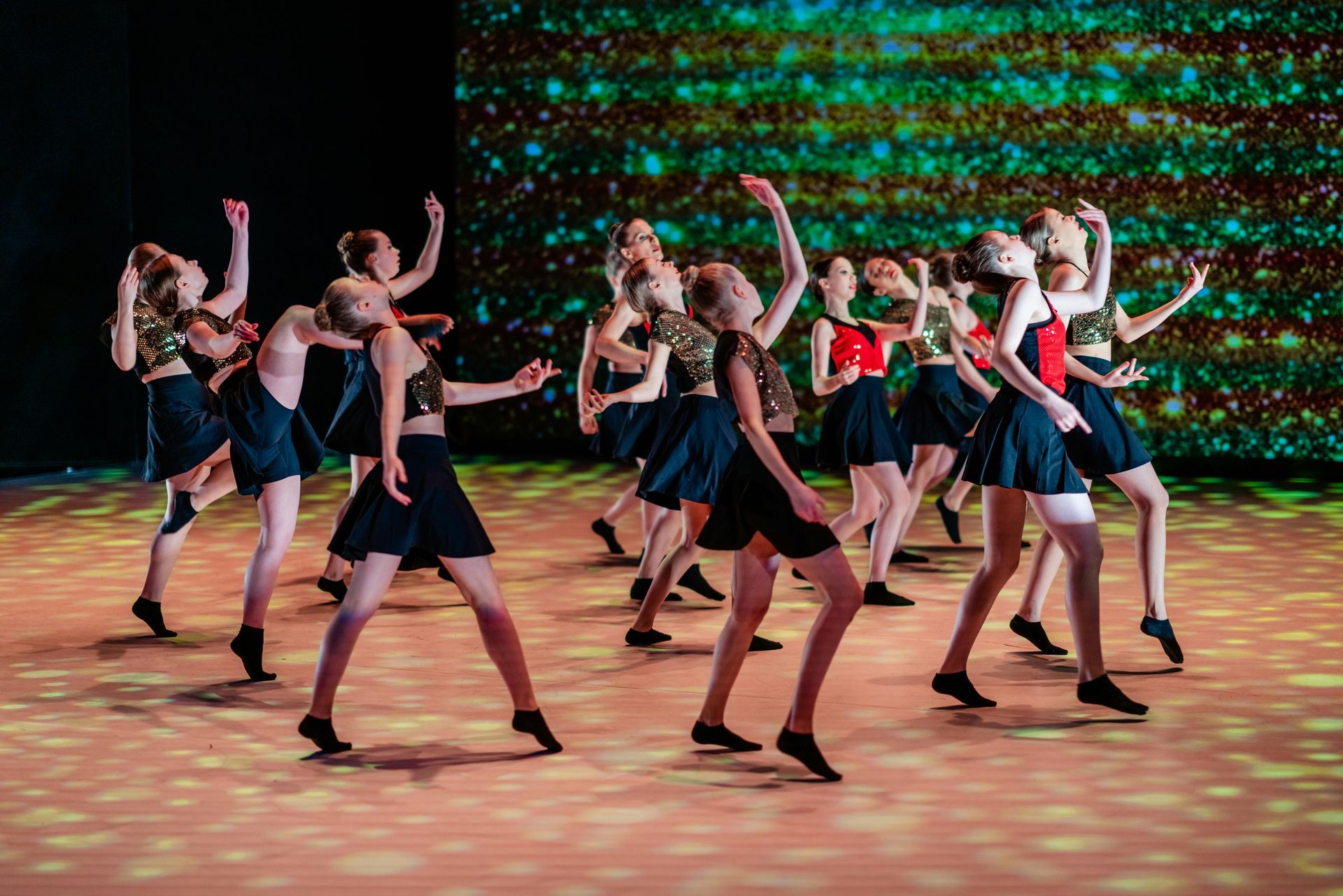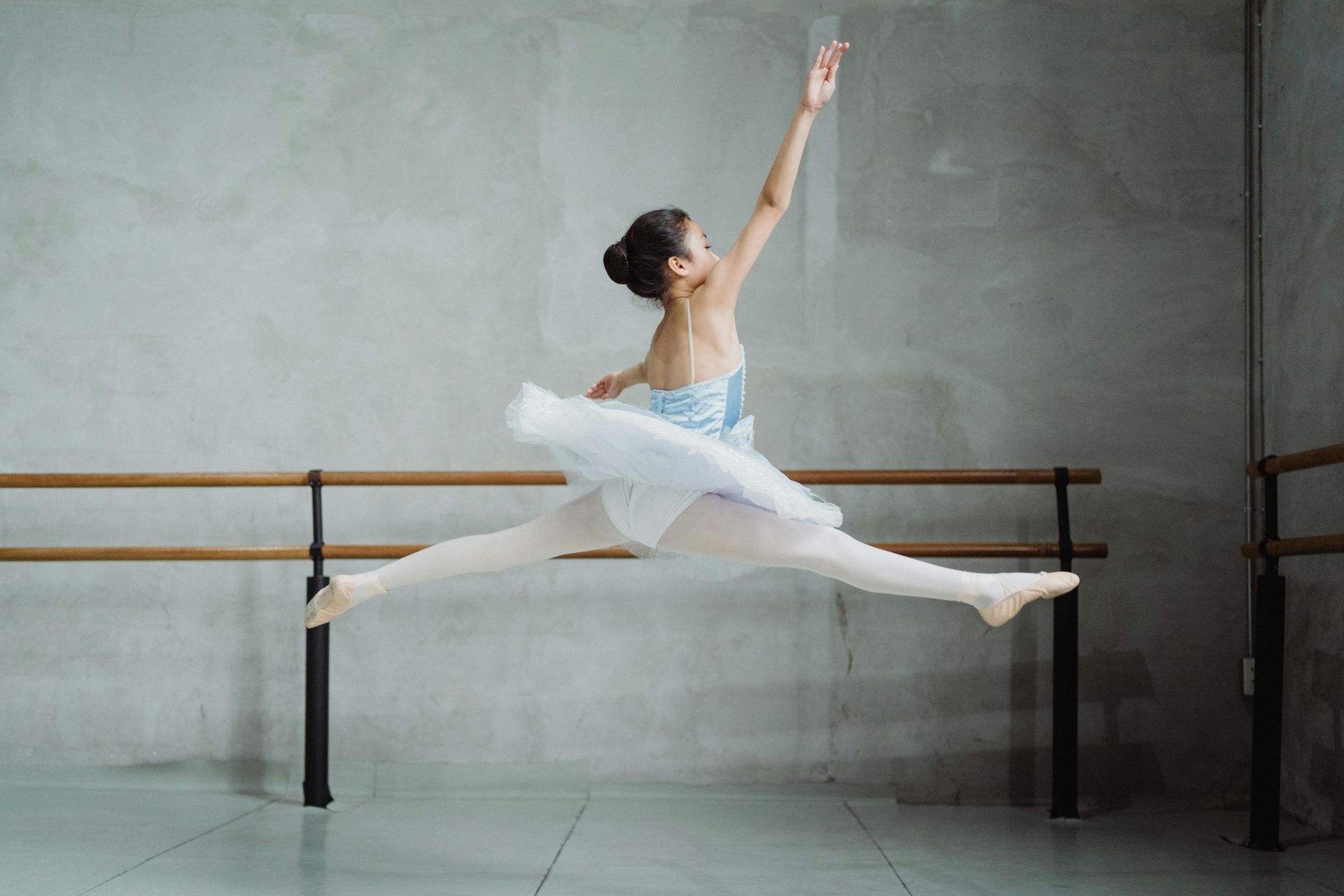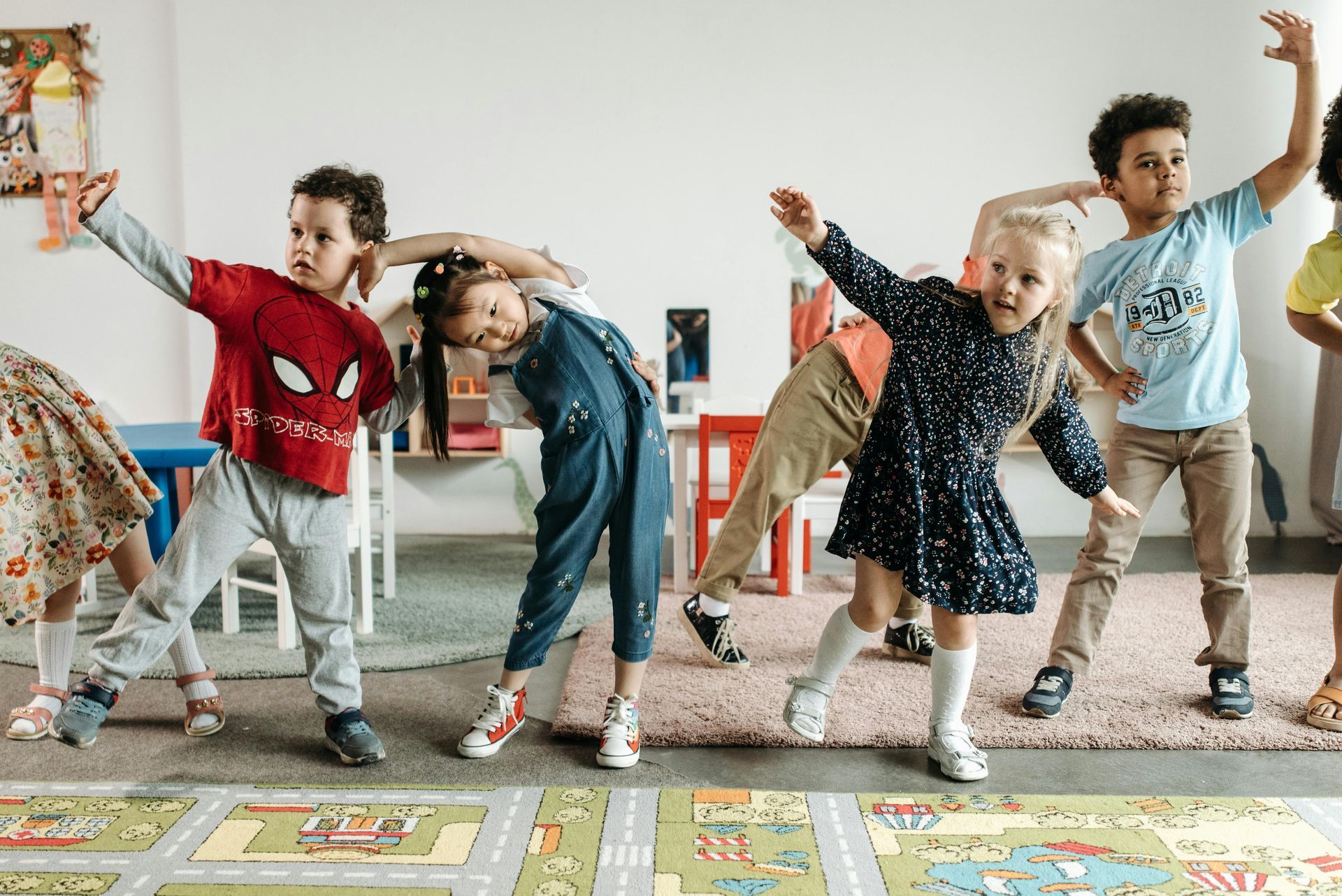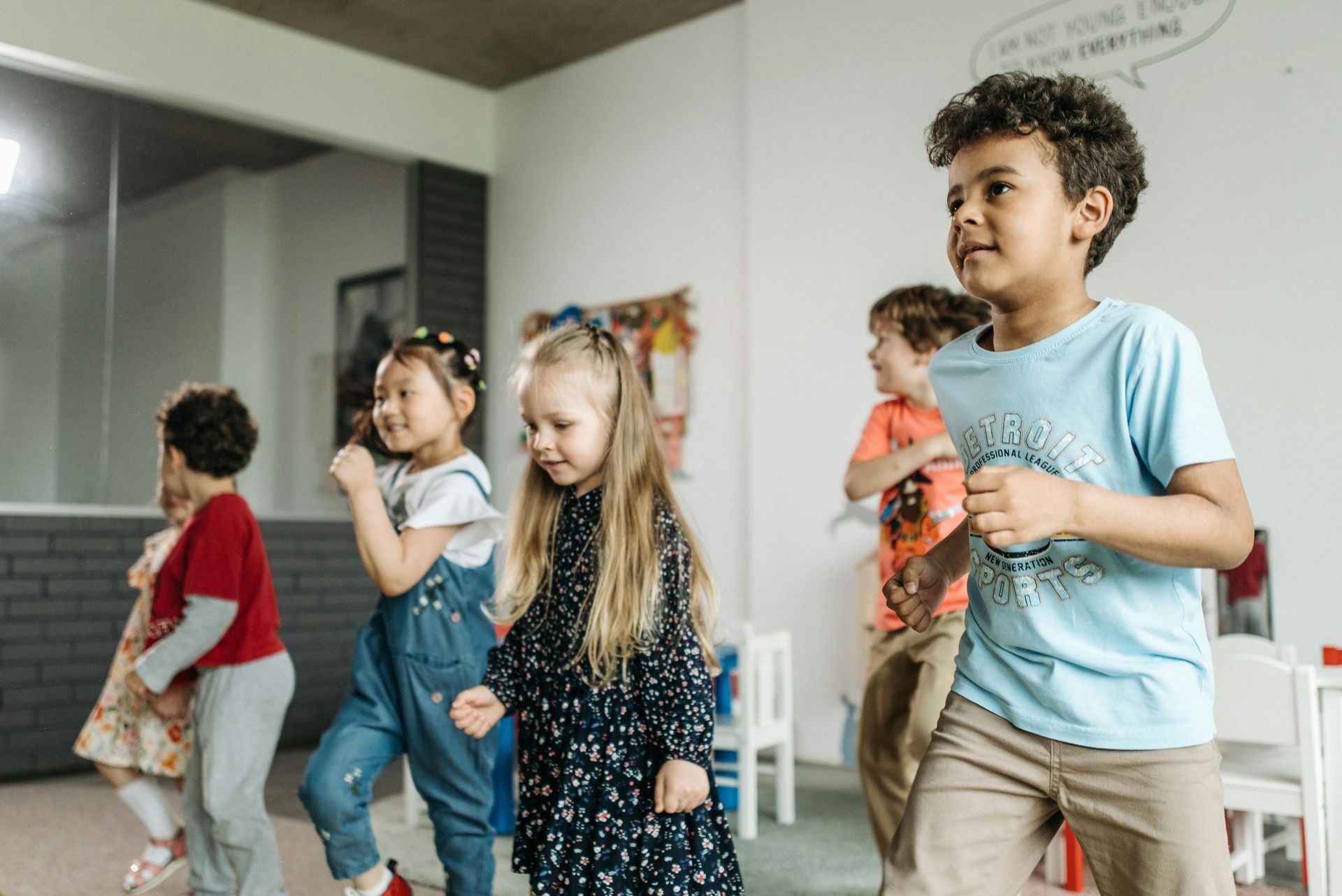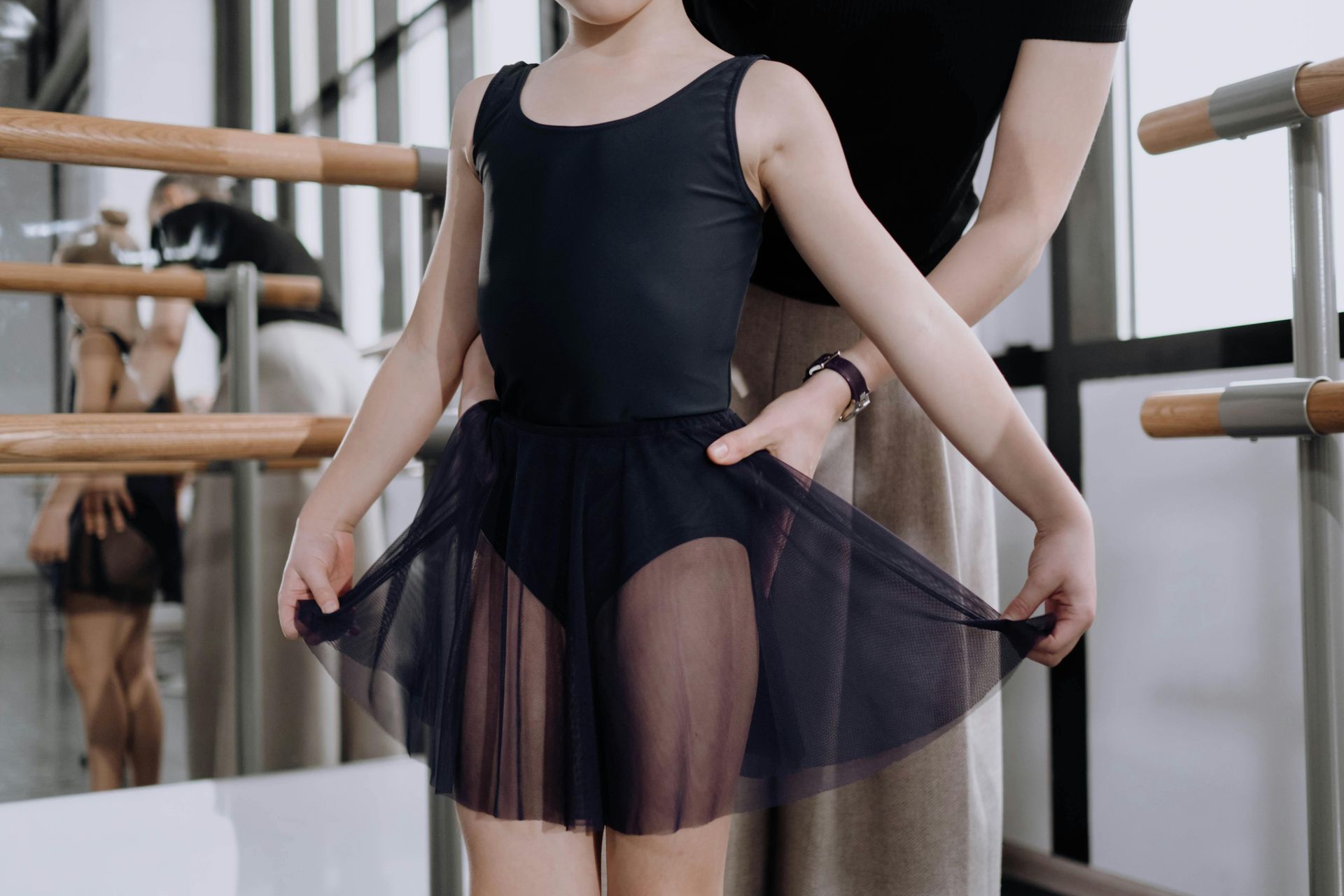Top Benefits of Ballet for Young Dancers

When it comes to choosing a foundational dance style for young children, ballet stands in a class of its own. With its blend of discipline, grace, and structure, ballet has long been admired for its beauty—but its value goes far beyond aesthetics.
If you're a parent searching for the best ballet classes NJ has to offer, you're investing in much more than dance lessons. You're giving your child the opportunity to develop lifelong skills, confidence, creativity, and strength. Here’s why ballet is an ideal starting point for young dancers—and how it transforms them both on and off the stage.
1. Posture, Balance, and Physical Strength
One of the first and most visible benefits of ballet is its impact on a child’s posture and body awareness. From the very first plié to the final bow, ballet demands a level of physical precision that strengthens core muscles and enhances balance. Proper posture isn’t just a ballet requirement—it translates into everyday life, helping children sit and walk with alignment and confidence.
Through repetitive exercises at the barre and in center work, children develop:
- Strong backs and cores
- Aligned hips and shoulders
- Graceful arm and head positioning
- Improved flexibility and muscle tone
At Dance Expression Dance Arts, we emphasize dance posture improvement at every level. Our curriculum ensures that young dancers not only learn beautiful movement but also develop a body that is strong, healthy, and well-aligned.
2. Mastering Technique Through Repetition
Ballet is the foundation of nearly all other dance forms. The structure it provides instills discipline and sharpens mental focus. As children learn to perfect each position and movement, they absorb the essence of dance technique training that will serve them whether they pursue jazz, contemporary, or even hip-hop later on.
For ballet for beginners, our classes focus on:
- Proper alignment and turnout
- Developing musicality and timing
- Learning and repeating basic positions and movements
- Understanding ballet terminology
Repetition is key in ballet—it helps children retain movement sequences and builds muscle memory. This attention to detail also improves concentration, patience, and goal-setting—all of which are transferable to academics and life challenges.
3. Ballet Builds Emotional Intelligence and Artistic Expression
Though ballet is technical, it is also deeply expressive. One of the most powerful yet overlooked benefits of ballet is its ability to help young dancers convey emotion and story through movement. In an age where self-expression is more important than ever, ballet offers a unique channel for kids to connect with their inner world.
Artistic expression through dance allows children to:
- Explore different emotions in a safe environment
- Connect with music on a deeper level
- Build empathy by interpreting different roles or characters
- Gain confidence through performance
Even shy or introverted children find their voice through ballet. Whether it's expressing joy in a fast allegro combination or sorrow in a lyrical adagio, ballet encourages emotional growth and communication without words.
4. Life Lessons That Last
The structure of ballet fosters habits that help children succeed in life. Regular attendance, rehearsal, and constructive feedback teach young dancers how to:
- Set and work toward goals
- Respect instructors and peers
- Embrace routine and responsibility
- Build resilience in the face of challenge
Ballet reinforces the idea that mastery takes time—a valuable lesson in an era of instant gratification. It teaches kids that progress comes with effort and that setbacks are part of the learning process.
5. Pointe Training: A Rite of Passage
As dancers grow in strength and technique, they may be introduced to pointe training—a hallmark of classical ballet. Dancing en pointe requires physical maturity, ankle strength, and disciplined training. It's not just about aesthetics; it symbolizes commitment, progress, and dedication.
At Dance Expression Dance Arts, our advanced ballet dancers are guided through age-appropriate pointe preparation. Safety and readiness are always our top priorities, and our instructors ensure each student receives the personalized attention needed for success.
6. Deep Roots in Classical Tradition
Enrolling in classical dance training connects young dancers to centuries of tradition. From Tchaikovsky’s timeless scores to iconic ballets like The Nutcracker and Swan Lake, children become part of a cultural legacy. This connection enhances appreciation for music, theater, costume design, and choreography.
Learning ballet also means learning discipline, respect for the art, and a strong sense of self-pride. It's a tradition that fosters dignity and dedication—values that shape children into well-rounded individuals.
7. Choosing the Right Ballet Dance Studio in NJ
All of these benefits flourish when your child trains in a supportive, professional environment. If you’re looking for a ballet dance studio that nurtures both technique and passion, consider Dance Expression Dance Arts—proudly known as one of the best ballet schools NJ has to offer.
Here’s what sets us apart:
- Highly experienced and certified ballet instructors
- Age-appropriate programs from beginner to advanced
- A focus on holistic development—body, mind, and heart
- Performance opportunities that build confidence
- A positive and inclusive community
Whether your child is new to ballet or has already begun their journey, our programs offer a solid foundation and exciting progression for every age and ability.
Explore our Ballet Class Offerings and see how your child can grow in grace, strength, and joy through the art of ballet.

